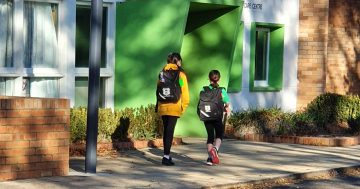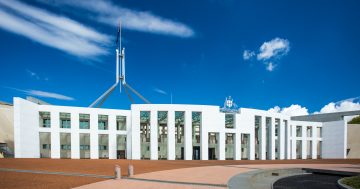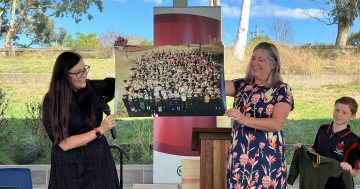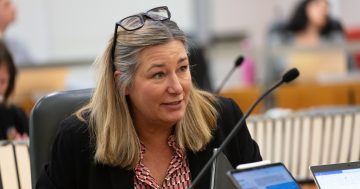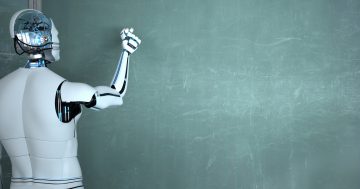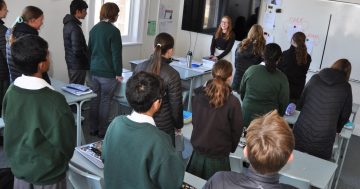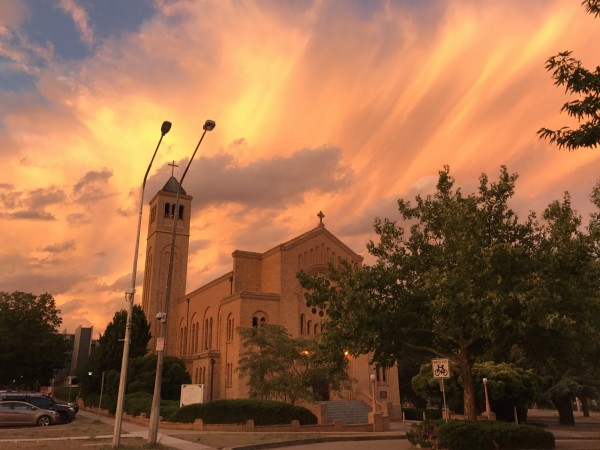
Is it time we created a separation between church and school? Photo: File.
When it comes to education, everyone has an opinion. Understandably, parents, community members and decision-makers all want to make sure kids are getting the best possible start through their schooling, and there are so many different elements to what makes a good education (with plenty of opportunity for things to go wrong).
Every child deserves access to high-quality free public education that provides them with a strong foundation for their future.
When I refer to education, though, I mean tangible knowledge – maths, science, English, social studies, health, history, languages etc. The ability to problem solve, think critically and work with other people.
One thing I absolutely don’t include when defining education is religion.
In fact, I think religious education should be restricted to outside of school hours wherever it takes place. It boggles my mind that private religious schools still exist.
As a child, I went to public schools, both in Canberra and out, but we still had time set aside each term for what was then referred to as ‘scripture’ sessions.
In these, we were taught about Christianity, with basic Bible stories and often an arts and crafts-based activity. I had permission from my parents to abstain from these sessions as we practised a different religion at home, and so would be sent outside with a book for the hour or so they took (which now feels like a waste of time).
This was in the late 90s, so I imagine things have changed now. But even in such small doses, I can’t help but feel that religion has no place in our public or private education systems.
It has the potential to distract or trouble the way subjects are taught, especially when they contradict religious ideology (for example, in science, history, sex education), and more importantly, it can present a fundamental position on social and political issues that impacts on the ability of children and young people to critically engage with the world around them and form opinions of their own.
I was raised with religion at home and found myself drifting towards atheism through high school. School, thankfully, was a safe haven where I could explore ideas without judgment or imposition, and where I was supported to formulate my own opinions on how our world is structured, and what guides our actions as human beings.
Even more importantly, in my opinion, the time I spent at school was dedicated to learning, without the imposition of absolutist moral tutelage taking time away from the hard skills development of my core subjects.
Friends who attended private schools, where religion was a key part of school life and activities, including mandatory religious education as a core subject, have shared with me their stories of feeling frustrated by the church services they had to attend, and the topics and approaches taken by the religious studies teachers (another compulsory unit of study).
One told me how she tried to question her teacher’s instruction on other religions, which he posed as nonsensical in comparison to Catholicism, and how she was dismissed and ridiculed for this.
Of course, I have no doubt that this isn’t the norm, and that schools today (at least some of them) encourage discourse and robust discussion around religious diversity.
But are these subjects that even need to be explored in a school setting, or imbued throughout the culture of a school more broadly? Isn’t it more appropriate that religion be the remit of parents and their religious leaders, and school be a place where education and knowledge isn’t complicated by personal beliefs?
Religion is a core part of human history, but should specific religious practices and beliefs be incorporated into our education system via religious schools, or is it time for separation between school and church?












